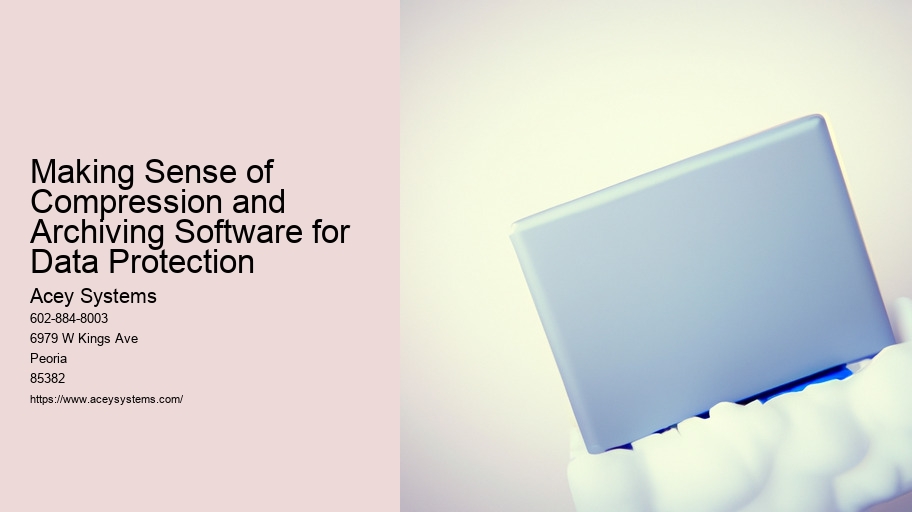In the ever-evolving landscape of data protection, businesses are faced with a myriad of backup service options. computer backup . Like a symphony, each service plays a unique role, harmonizing data security and accessibility.
However, understanding the cost implications of these services is crucial for informed decision-making. This article delves into the intricate world of backup service costs, exploring the factors that influence pricing models and uncovering hidden expenses.
Prepare to navigate the intricacies of backup services, ensuring that your organization's data remains secure and your budget remains intact.
Factors Affecting Backup Service Costs
To gain a comprehensive understanding of the cost of different backup services, it is crucial to analyze the factors that can significantly impact backup service costs over time. Several key factors contribute to the overall cost of backup services.
Firstly, the amount of data being backed up plays a significant role. The more data that needs to be stored and protected, the higher the cost of the service.
Additionally, the frequency of backups required also affects the cost. Regular backups necessitate more resources and may result in higher charges.
Another factor is the level of service required. Different service levels, such as basic, advanced, or premium, come with varying costs.
Finally, the chosen backup solution and provider can impact the overall cost. Some providers may offer more affordable options, while others may provide additional features at a higher price.
Considering these factors will enable individuals and businesses to make informed decisions when selecting a backup service that meets their needs and budget.
Comparing Pricing Models of Backup Services
Comparing the pricing models of backup services allows individuals and businesses to evaluate the cost structure and determine the most cost-effective option for their specific needs. Backup service providers typically offer different pricing models, such as pay-as-you-go, tiered pricing, or flat-rate pricing.
Pay-as-you-go models charge users based on the amount of data stored or the number of backup operations performed. Tiered pricing models offer different pricing tiers based on the level of service, such as storage capacity or additional features. Flat-rate pricing models provide a fixed monthly or annual fee for unlimited storage and backup. Each pricing model has its advantages and disadvantages, and it is important to carefully consider the specific needs and usage patterns before making a decision.
Transitioning into the subsequent section about hidden costs to consider in backup service selection, it is important to thoroughly evaluate not only the pricing models but also any additional fees or charges that may apply.
Hidden Costs to Consider in Backup Service Selection
One important aspect to consider when selecting a backup service is the presence of any hidden costs that may not be immediately apparent. While the pricing models of backup services may seem straightforward, there are often additional charges or fees that can significantly impact the total cost.
These hidden costs can include fees for data retrieval, storage overages, bandwidth usage, and additional software licenses. It is essential to carefully review the terms and conditions of the backup service provider to identify any potential hidden costs.
Additionally, it is advisable to inquire about any potential future cost increases or changes in pricing structures. By thoroughly understanding the potential hidden costs, businesses can make an informed decision and avoid any unexpected financial surprises in the future.
